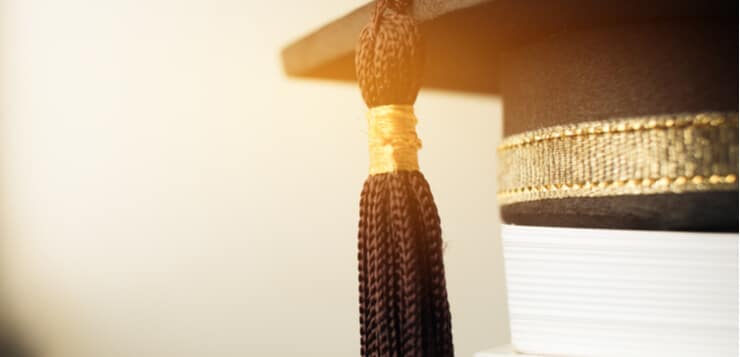If any additional Pennsylvania universities plan to go down the path of officially banning wagers on athletic contests by all students and faculty, they’re mum about it for now.
That goes for private, Catholic institutions with Division 1 programs such as LaSalle or Duquesne, which were contacted about whether they would follow the lead of St. Joseph’s and Villanova with such prohibitions, and for public schools including Pitt and Temple, when asked if they would consider a ban such as Purdue’s in Indiana.
As for Penn State, students and faculty with an interest in wagering should have no worries. The university “has no plans for a similar ban,” said spokeswoman Lisa Marie Powers, while outlining in an email numerous steps undertaken by the athletics department to help ensure compliance by student athletes and their coaches/staff with NCAA regulations pertaining to gambling activity.
“Concerns and risks associated with wagering on intercollegiate athletics have existed for many years, though the new Pennsylvania law, which we opposed, magnifies the risks and justifies our augmented outreach efforts,” said Powers, who noted a university Faculty Senate committee is also “examining the issue.”
Other universities quiet on betting ban issue
Media offices at LaSalle, Duquesne, Pitt, Temple, and the University of Pennsylvania were all silent on the topic when contacted with the question of whether students and faculty outside the athletic department could face new policies. None evidently has any intention of going beyond the NCAA’s prohibition on sports betting that extends to student athletes and the coaches and staff connected to athletic programs.
St. Joe’s and Purdue this month and Villanova a year ago altered their codes of conduct covering their entire university communities in the wake of legalization of sports wagering in Pennsylvania and Indiana. No betting on an event involving any of the schools’ teams is deemed permissible.
While there are concerns that such bans are unenforceable, given the relative anonymity of sports betting, the schools believe there’s a principle involved.
“Allowing St. Joseph’s University students, faculty, staff, contractors, and members of the Board of Trustees to gamble on the performance of university student athletes or staff members runs contrary to the sense of community that is so critical to the university,” states the new amendment to the Philadelphia institution’s student handbook.
Policy can help protect athletes from prying bettors
In the case of the Board of Trustees’ action at Purdue, a state-supported public institution in West Lafayette, Ind., it was also noted that without a prohibition, the school’s athletes could be in a difficult position interacting with others on campus seeking information from them. A potential bettor, for example, might be curious to know the status of any injury potentially affecting player and team performance.
Now, said Purdue Athletic Director Mike Bobinski, Boilermaker athletes “can be confident in conducting their daily business on campus without fear of being compromised for information or in other ways that might be connected to sports gambling activities.”
New Jersey addressed such concerns in its own sports betting law by prohibiting legal wagers on competition involving schools located within the state. Pennsylvania, like most states, has no such prohibition.






